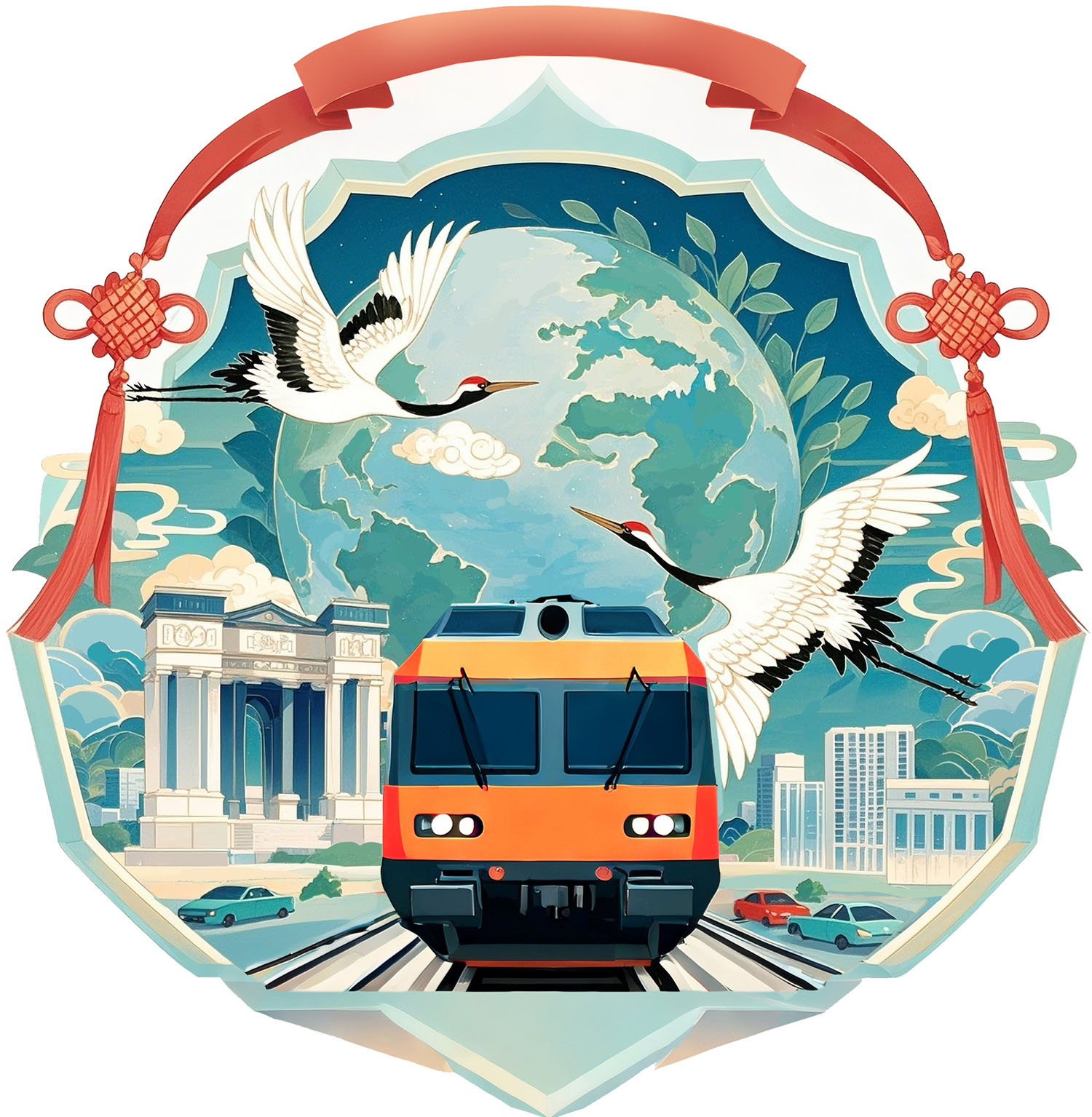
Understanding China means recognizing not just its economic power and global influence, but also its unique ability to balance strength and cooperation. China's willingness to assist other countries because of its deep-rooted cultural values of harmony and cooperation sets it apart on the global stage.
Therefore, in this article, I have decided to explore the global challenges of our time and examine how China's unique civilizational approach and refined cultural values provide a distinctive perspective on overcoming them.
Our world is at a crossroad. We must decide whether to maintain the status quo and face potential self-destruction or chart a new course toward global unity by making significant changes to save human civilization. No single country or region can face such global threats. As humankind, we are one, and we should work and cooperate as one.
READ MORE: China set to advance on cultural front
I want to highlight the significant contribution of historian Arnold Toynbee who wrote a 12-volume study called A Study of History. This work of comprehensive research, conducted over 30 years, delves into the rise and fall of civilizations. Toynbee introduced the concept of "challenge and response", which proposes that civilizations thrive when they adeptly respond to challenges but deteriorate when they fail to respond innovatively.
To confront the existential threats facing human civilization, we must have a clear vision of the future we are moving toward. We must strive together for a prosperous future, uniting to build a global community. This notion highlights the importance of the call of the time: building a community with a shared future for mankind, as emphasized by Chinese President Xi Jinping.
In this context, three questions arise regarding a community with a shared future for mankind. First, what does the concept mean?
A community with a shared future means that all countries have equal sovereignty — none should intervene in the internal affairs of others; that countries should jointly manage global affairs democratically, rather than through the dictates of the most powerful states; that countries should engage in "win-win cooperation" to "build a world of common prosperity"; and that countries should treat the diversity of civilizations not as "a source of global conflict, but as an engine driving the advance of human civilizations".
Second, what are the required changes in international relations?
There are at least five major changes in international relations: developing a new model for major-power competition; shifting security concerns to nontraditional threats; promoting win-win economic cooperation instead of zero-sum trade and technological competition; integrating non-Western practices and governance with the Western system of universal values; and managing economic development in a way that ensures ecological balance.
And third, how can we build it?
Building a community with a shared future is aimed at promoting global prosperity. To achieve this, we need mechanisms to achieve global trust, peace and development, ultimately leading to global prosperity. We don't have to reinvent the wheel in pursuing these goals. China has introduced these values and the necessary mechanisms to the world through global initiatives, which I believe are essential building blocks for forming a community with a shared future.
The China-proposed Global Civilization Initiative aims to foster trust and respect among individuals from different cultures and civilizations worldwide. The Global Security Initiative focuses on resolving conflicts through dialogue and consultation to achieve peaceful resolutions and to prevent a return to the Cold War era. Lastly, the Global Development Initiative provides a clear road map for development through its unique set of core concepts and priorities.
And all these three initiatives are anchored by the principles of the Belt and Road Initiative whose primary goal is to improve infrastructure connectivity to promote trade and realize common prosperity.
It is worth emphasizing that the values behind these initiatives, namely trust, peace, and common development and prosperity are deeply linked to Chinese culture.
ALSO READ: Learning Chinese is to promote humanism
As a cultural ambassador of Chinese Hehe culture, I want to stress this link. I cannot find a better way to stress than what President Xi said to summarize Hehe culture in his work, Zhejiang, China: A New Vision for Development: "Our ancestors created an incomparable culture, a quintessential part of which is the Hehe culture. The first 'He' of Hehe indicates harmony, peace and balance. The second 'He' indicates convergence, unity and cooperation. Such inclusiveness is reflected in the traditional thinking of 'valuing harmony and esteeming balance', 'being understanding and open-minded', 'embracing the world through virtue', and 'living in harmony without uniformity'. This is a cultural ideal that our people seek. Harmony between nature and society and between the individual and the group is the ideal of our people and the basis of our cohesiveness and creativity."
I believe the values of Chinese culture closely align with those needed to build a community of a shared future: trust, peace, and development. Additionally, I am convinced that Chinese culture can play a significant role in establishing a world order founded on dialogue, rules and multilateralism, allowing all countries to prosper and share a common future.
It is time to explore the past to discover our ancestors' valuable and virtuous principles, utilize these priceless treasures to shape our future, and emphasize that the challenges we encounter as a global community require global cooperation without any exclusions.
It is time to join hands and work together, embracing the spirit of Hehe culture and responding faithfully to the call of the times to build a community with a shared future for mankind.
The author is a former prime minister of Egypt, and now serves as the cultural ambassador of Chinese Hehe culture.
The views don't necessarily reflect those of China Daily.


